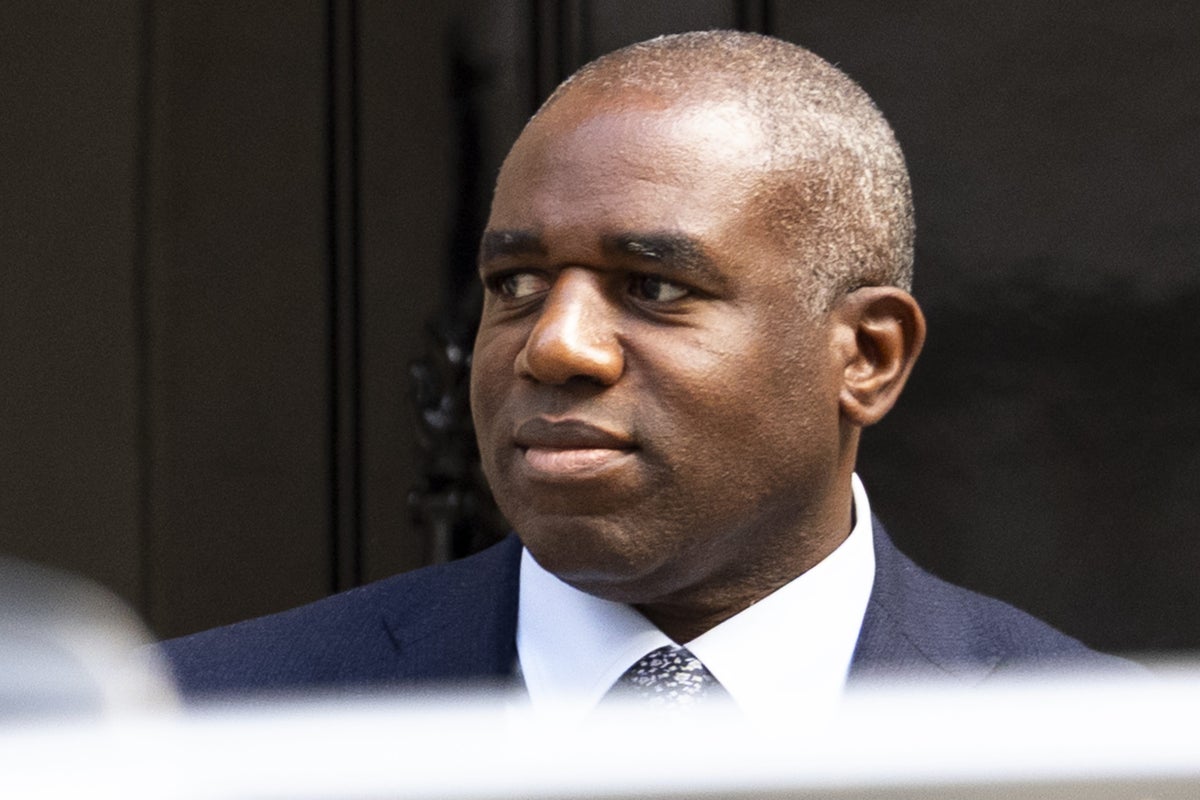
Chemical suppressants for sexual offenders will be trialled in north-west and north-east England as part of efforts to cut reoffending, the Justice Secretary has said.
The Government had pledged to widen the existing pilot in four prisons in the south-west to 20 prisons following recommendations from the independent sentencing review to explore its use in May.
The medication limits “problematic sexual arousal” and restrains offenders who could be a risk to the public, David Lammy said.
Speaking at the start of a debate on the second reading of the Sentencing Bill, the Lord Chancellor told MPs a trial in south-west England had been “positive”.
Mr Lammy added: “While the evidence base is limited, it is positive and for that reason we will roll the approach out nationwide, starting with two new regions, the North West and North East, covering up to 20 prisons.”
The expansion means around 6,400 sex offenders will be able to access medication alongside psychological treatment to help change their behaviour and crack down on crimes such as rape, grooming and assault.
It comes as part of the Sentencing Bill, which is seeking to introduce reforms proposed from the sentencing review led by former justice secretary David Gauke, to tackle jail overcrowding in the long term.
It also looked at ways to cut reoffending, with one proposal to consider further use of chemical suppressants.
Problematic sexual arousal can be reduced by chemical suppressants and prescribed medication, but the review highlighted the treatment would not be relevant for some sex offenders, such as rapists driven by power and control, rather than sexual preoccupation.
In a statement, Mr Lammy added: “Evidence shows this medication helps suppress urges, which is why we’re expanding access to it.
“This is part of our comprehensive approach to managing dangerous offenders and preventing reoffending.
“Make no mistake – those who commit serious crimes will face the full force of the law. But alongside prison, we have a duty to use every method available to rehabilitate offenders and protect the public, as part of our Plan for Change.”
Previously announcing the plan, former justice secretary Shabana Mahmood said she was exploring whether the treatment could be made mandatory for sex offenders.
But it is understood this pilot expansion will remain voluntary.
